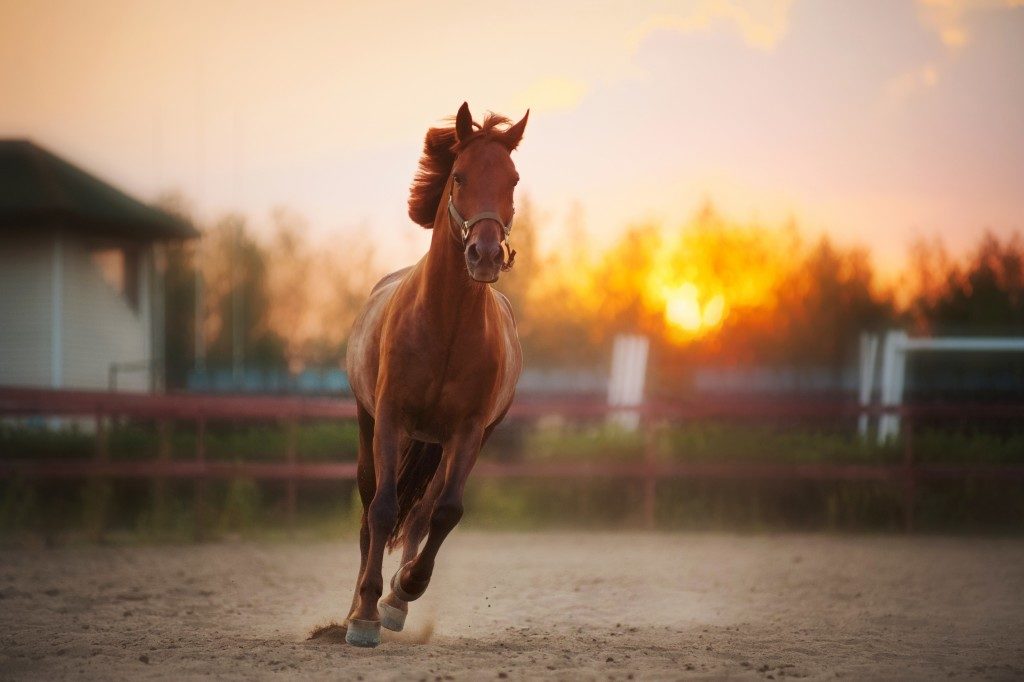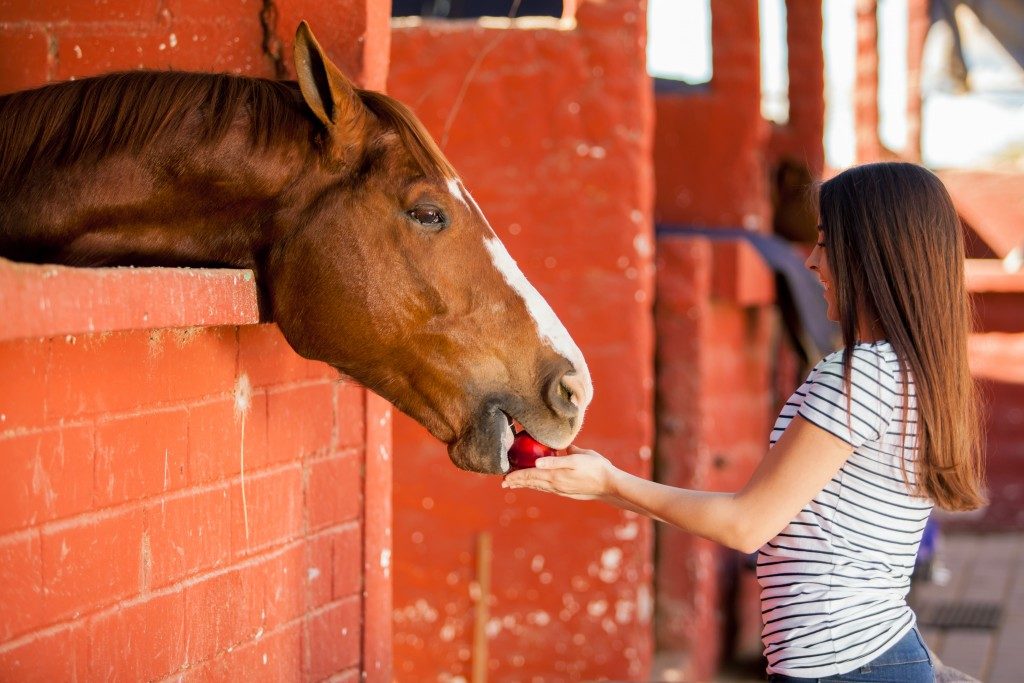You are so excited to ride your horse after following the recommendation of your friend — to buy the right item from a reputable horse reins vendor. Equipping your horse is part of maintaining the health and performance of the animal.
Moreover, it’s also important to check the health of your horse. If there’s one thing that horse would never want to encounter, it’s the dreaded “colic”. It’s abdominal pain or muscular spasm in your horse. Intestinal problem is so common in horses.
Conditions Leading to Colic in Horses:
If you notice something out of the ordinary, your horse may be having irritation in its intestines. You can suspect that your horse has colic if it does the following:
- Lip curling
- Teeth grinding
- Looking at the side
- Kicking at the belly
- Lying down and rolling
- Stretching as if it will urinate
- Lack of appetite
- Restlessness and pawing at the ground
- Increased breathing rate
Colic in horse develops due to lack of fiber in their diet or presence of parasites. Also, excessive gas in the intestinal tract of your horse can cause this condition. The following are the recommendations that you can do when your horse is experiencing colic:
Know Your Horse’s Vital Signs

If you notice something strange behavior of your horse, you can screen your horse by checking its heart rate, temperature and recording other clinical signs that you will find. Take note of everything. Then, provide the information to your veterinarian for further action. Professional horse owners closely monitor their horse every 15-20 minutes when they suspect that their horse is experiencing colic.
Check Your Horse’s Stool
If your horse is not eating, never take a wait and hope that it will feel better tomorrow. Waiting too long could lead to severe issue and you’ll feel sorry when it’s already untreatable. Consult your horse doctor for guidance.
Say, for example, your horse is eating. But, you notice that the stool looks green and lush. Due to intestinal problem, your horse is trying to excrete immediately what it has just consumed because there’s a tummy ache.
It would be ideal if you collect the stool of your horse and bring it to the veterinarian for diagnosis. This is the best way to see if your horse carries parasites.
Walk Your Horse
Others recommend that letting the horse walk can help in moving the gas through its gut. This can alleviate the pain and can prevent the horse from rolling that can cause injury. A simple brisk walk is fine. But, take note not to exhaust your horse. If the symptoms persist, call your veterinary immediately.
Medicate Your Horse the Right Way
Never try to medicate your horse without consulting your horse doctor first. You need the approval of a professional to avoid masking clinical signs. Using pain medications on your horse without prescription may inhibit the veterinarian from detecting the real cause of the animal’s health problem.
In some cases, colic in horse resolves quickly on its own. But other horses can’t withstand the issue and require a painkiller to reduce the pain. Consult your veterinarian to protect your horse properly. He can make an accurate diagnosis and the right treatment.



















